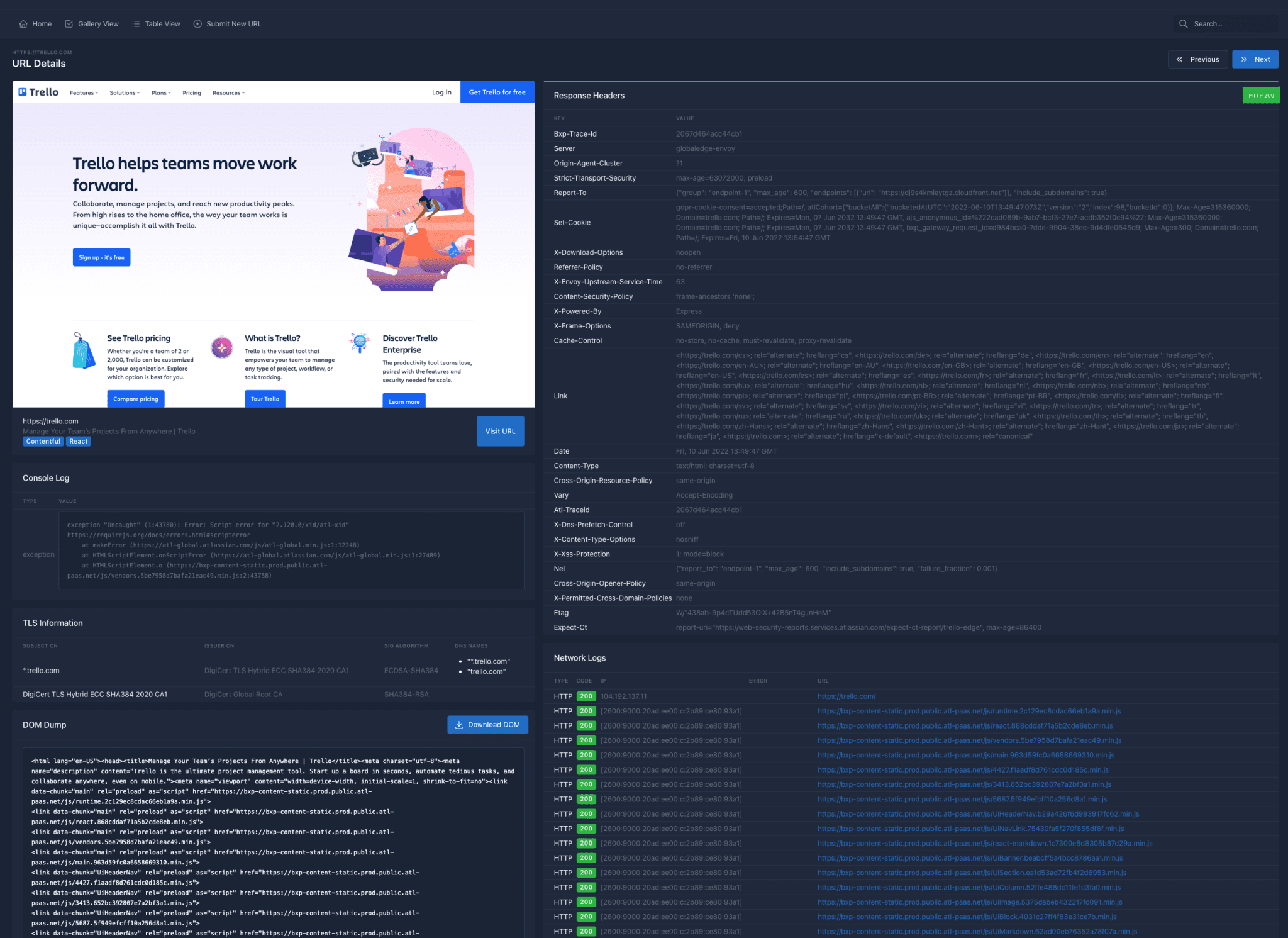Google is trying to separate the Chrome browser from Chrome OS
Chromebook users may have always had an annoyance: due to the binding update of the Chrome browser and Chrome OS, when the version of Chrome OS ceases to be supported, the Chrome browser can no longer be updated. At the same time, equipment security risks will increase. Google now plans to solve this problem through the Lacros project.
Lacros is an architecture project that aims to separate the Chrome browser from the Chrome OS window manager and system UI. The name comes from Linux And ChRome OS.
According to Google, on Chrome OS, the system UI (ash window manager, login screen, etc.) and the web browser are the same binary files. Lacros used to divide them into two binary files, hereafter called ash-chrome (system UI) and lacros-chrome (web browser).
“The basic approach is to rename the existing binary to ash-chrome, with minimal changes. We then take the linux-chrome binary, improve its Wayland support, make it act like the web browser on Chrome OS, and ship that as the lacros-chrome binary. This allows the two binaries to be released independently, with some performance/resource costs. The API boundary initially will be semi-stable: it will tolerate 1-2 milestones of version skew. We may allow larger amounts of skew in the future.”
Google’s vision is that these two binaries are both built in the chrome git repository, but can be built in different versions. For example, the lacros version built from the M-101 branch may run on top of the ash version built from the M-100 branch. All in all, you can think of Lacros as using Chrome on a traditional Linux desktop, but the support for Wayland is much better.
Lacros entered the Chrome Developer Channel for the first time in April this year, but it has been in a gray state and cannot be used. Until recently, Lacros can finally be launched. Chrome OS enthusiast Kent Duke discovered this and quickly experimented.
As shown in the figure, the functions and behaviors of Lacros Chrome are not much different from ordinary Chrome browsers installed on traditional operating systems. It is expected that Google will further optimize and improve in the later period.
This should be good news for Chromebook users. Google has extended the service life of Chromebooks to some extent through the separation of Lacros. However, it is still unclear how the Lacros project is progressing. At this stage, Google has only released a Lacros document, and there is no detailed information about when to push this feature to the stable channel and how to deploy it.
Via: androidpolice





